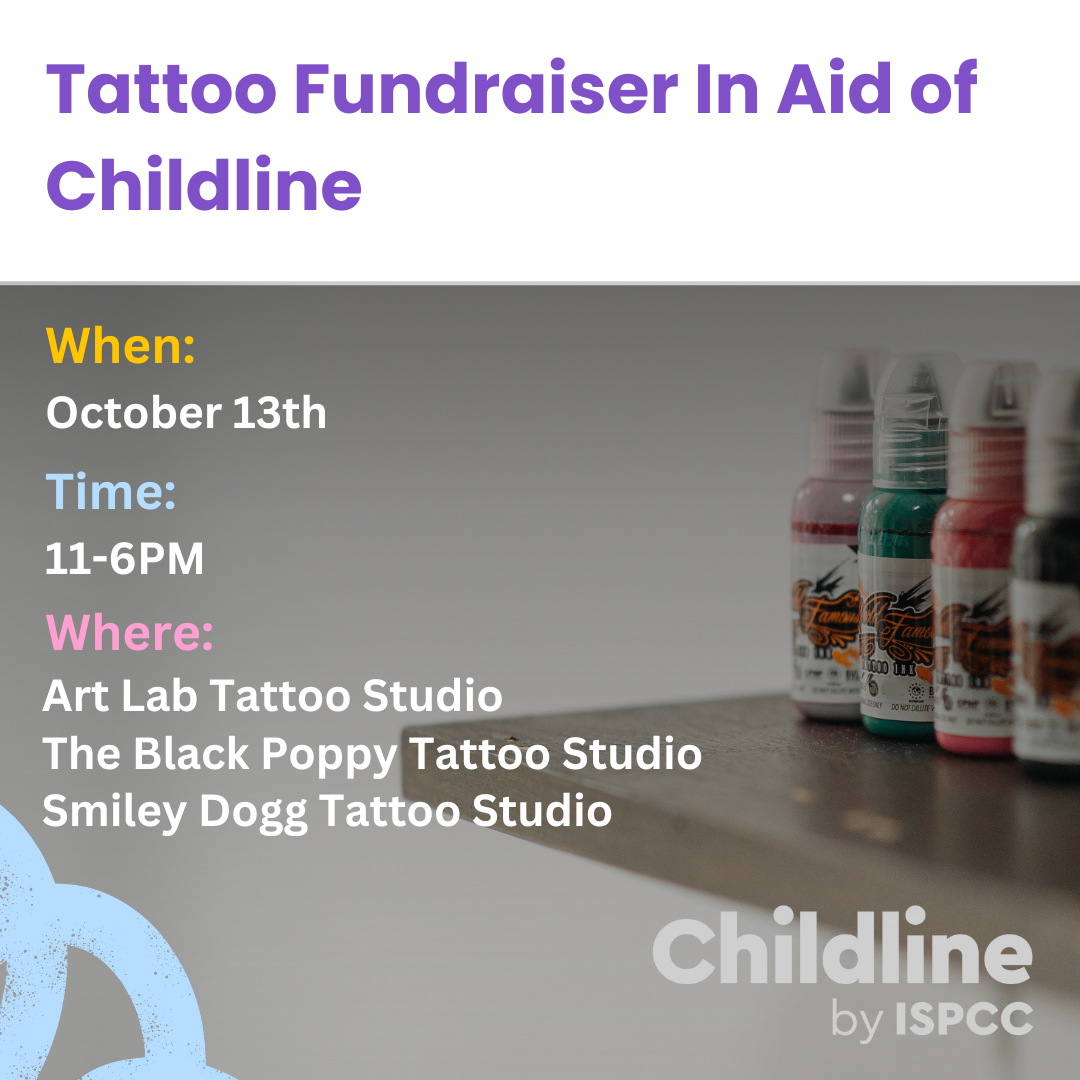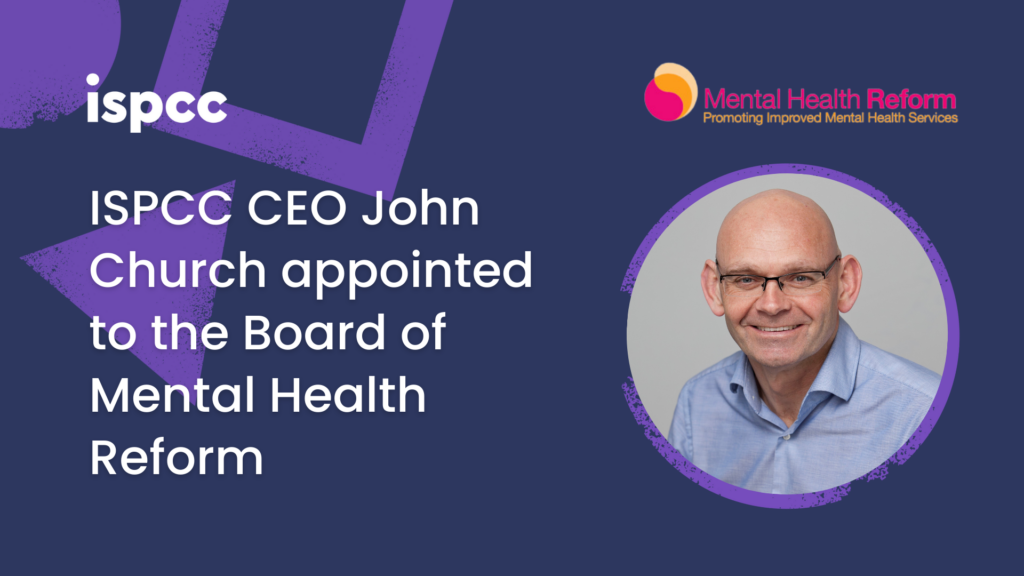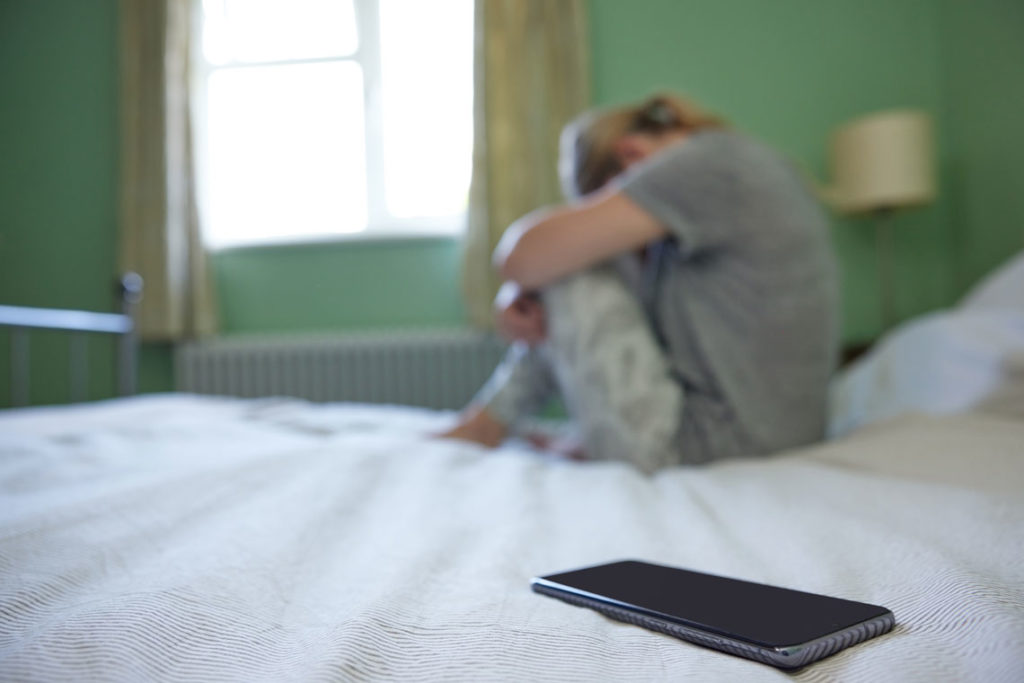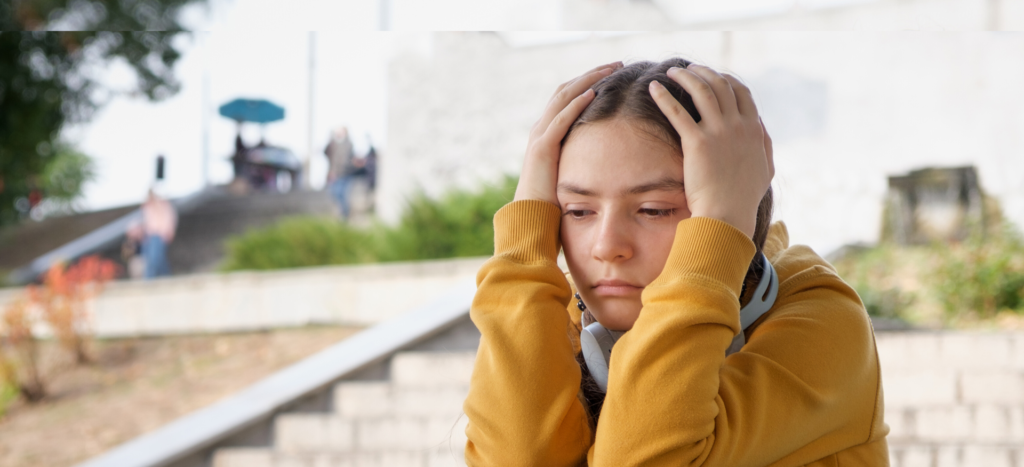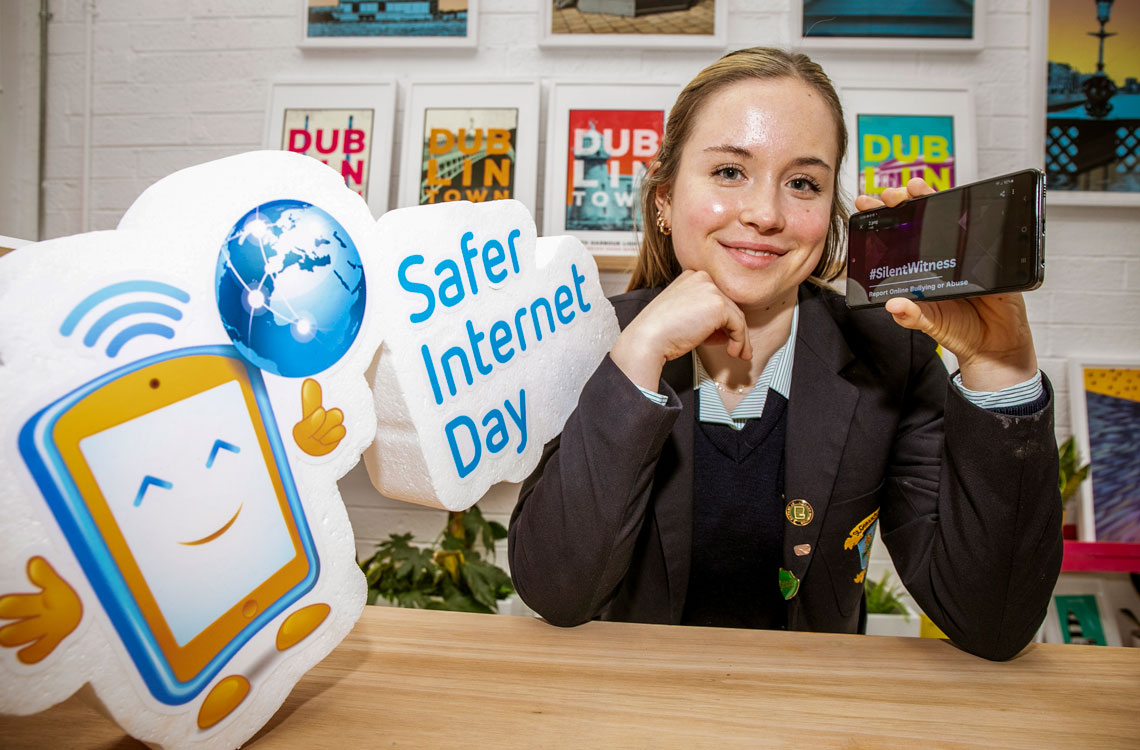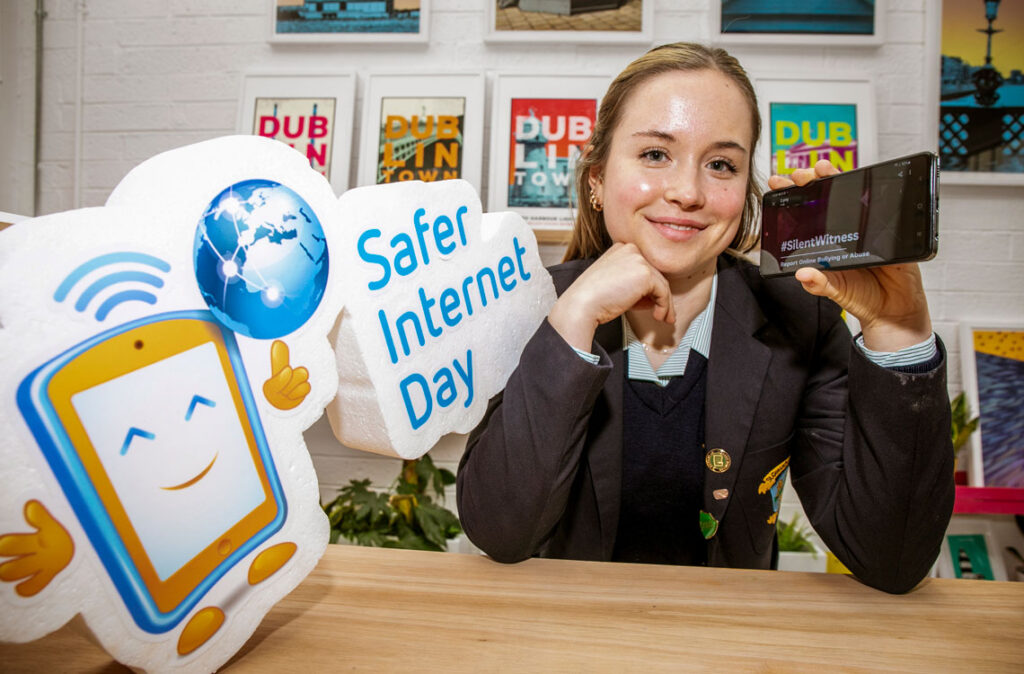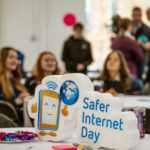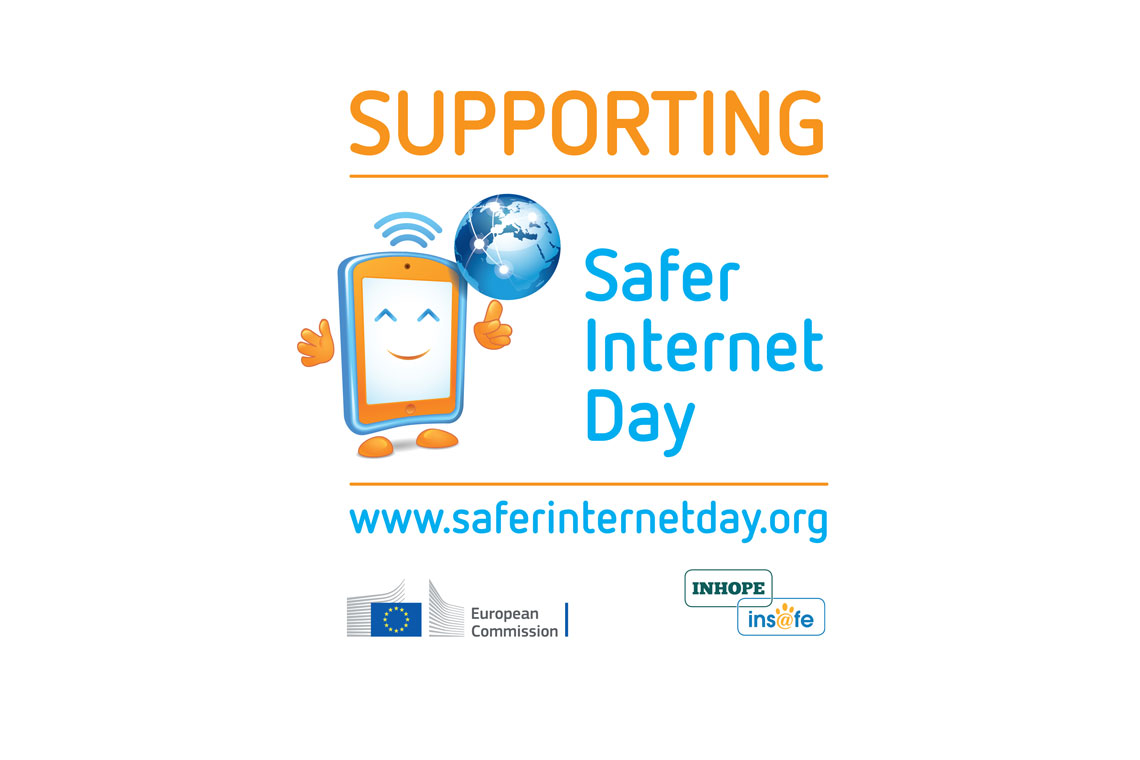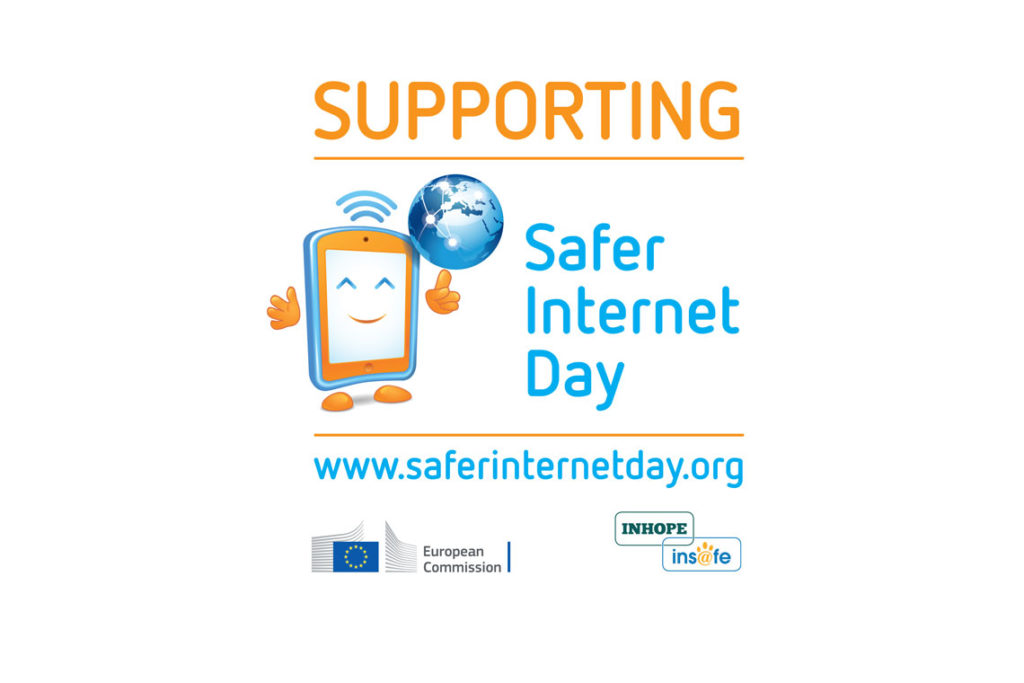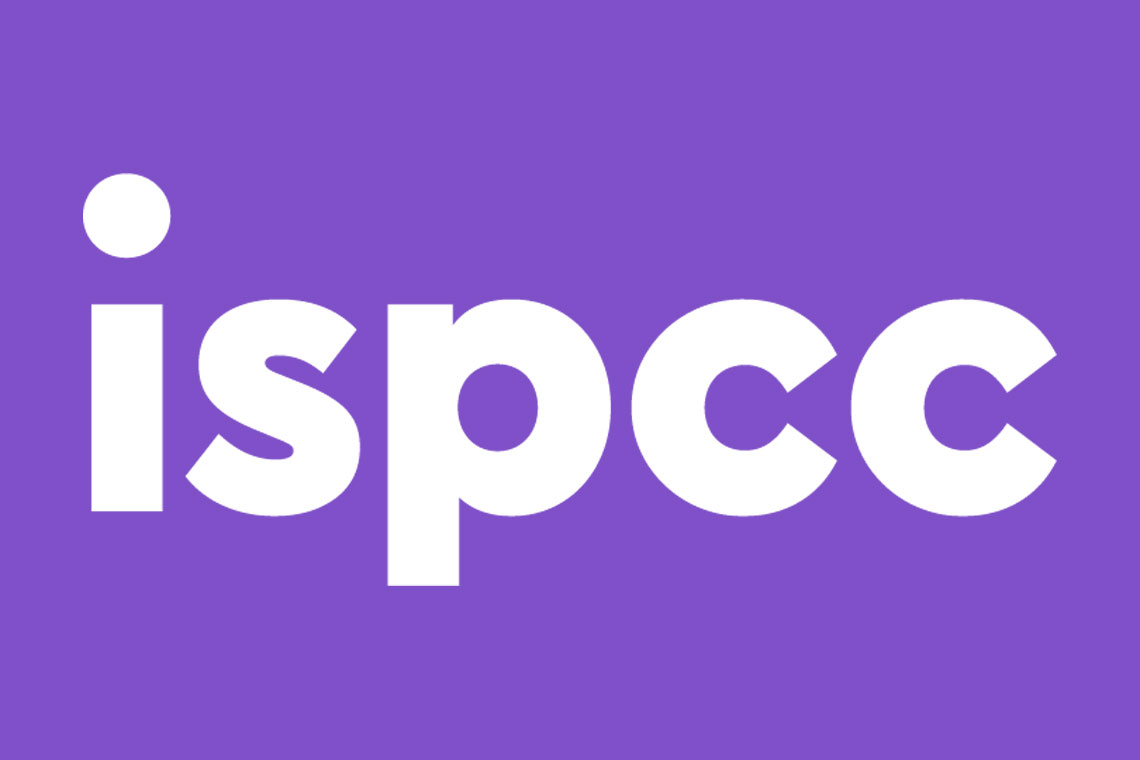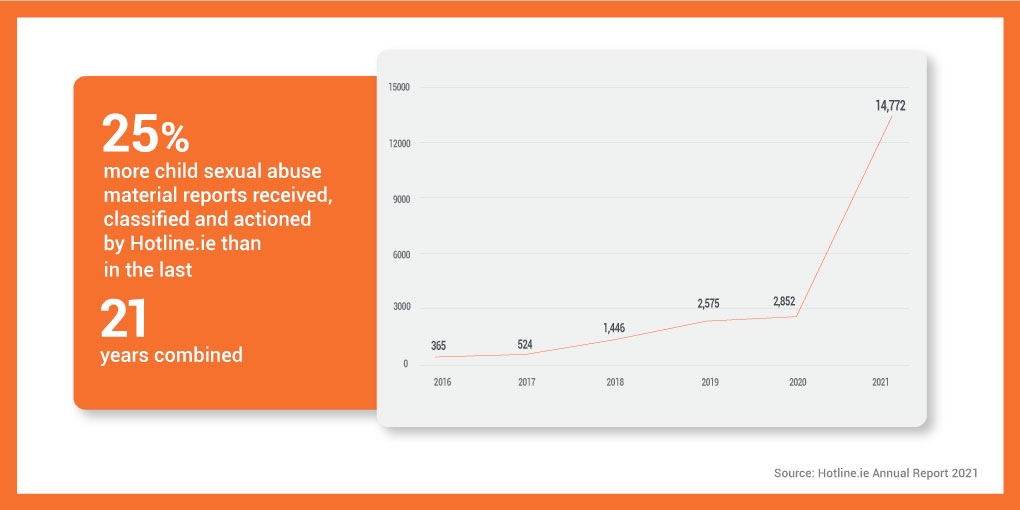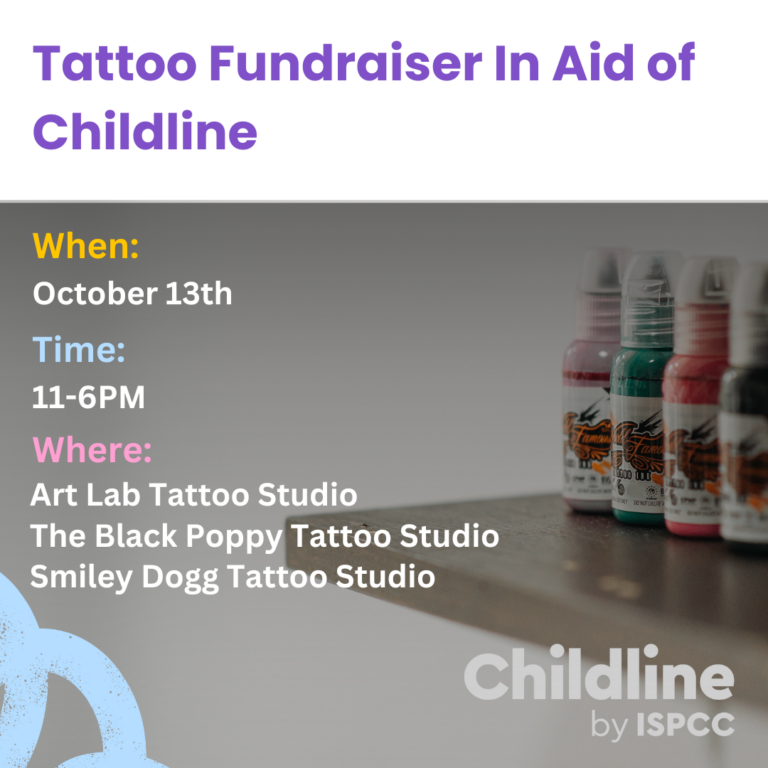
Three tattoo shops in Cork are coming together for one day only to support the fabulous work carried out by ISPCC volunteers on our 24/7 Childline listening service.
On Friday, October 13, 2023, Black Poppy, Smiley Dogg and Art Lab will donate 100% of their profits to ISPCC. Customers can choose from flash sheets ranging from €60 to €100, while temporary tattoos are also available, including Childline-related symbols and Friday the 13th effects.
The three shops will be open from 11am to 6pm, and people can donate in each studio when they’re paying for their tattoo. Those who are unable to make the event or want to make an extra donation can go to the Childline idonate page: https://www.idonate.ie/cause/ISPCC
For Dee Byrne of Smiley Dogg Tattoo, teaming up with their supposed rivals was an easy decision. “By uniting with other tattoo studios in the community in support of the Childline fundraiser, we are demonstrating that art, compassion and collective effort can bring about meaningful change,” says Dee.
She adds that Childline’s mission of providing a lifeline for vulnerable children and adolescents resonates deeply with her and her fellow creatives at Smiley Dogg Tattoo, which has two branches in Cork city – at North Main St and Oliver Plunkett Street.
“We hope that by engaging in this fundraiser, we can channel our creative passion into making a difference in these young lives. Each ink stroke will serve as a symbol of optimism and hope, a testament to the resilience of these youngsters and a reminder that art can go beyond visual appearances to positively impact lives.”
Dee’s feelings are echoed by Jacob Stahlecker, co-owner of Black Poppy, which is located on Father Matthew St, who says that the artists at the studio have been committed to giving back to our adopted homes and community since it opened in 2020. He is very happy to support the fundraiser for Childline, a service that provides support for all children and young people, no matter what’s on their mind.
ISPCC needs to raise over 75% of its funding through donations each year to ensure we can be there to support children and young people 24-hours a day, 365 days of the year. We rely on the generosity of the public and are grateful for all support. We encourage children to reach out for any reason.

